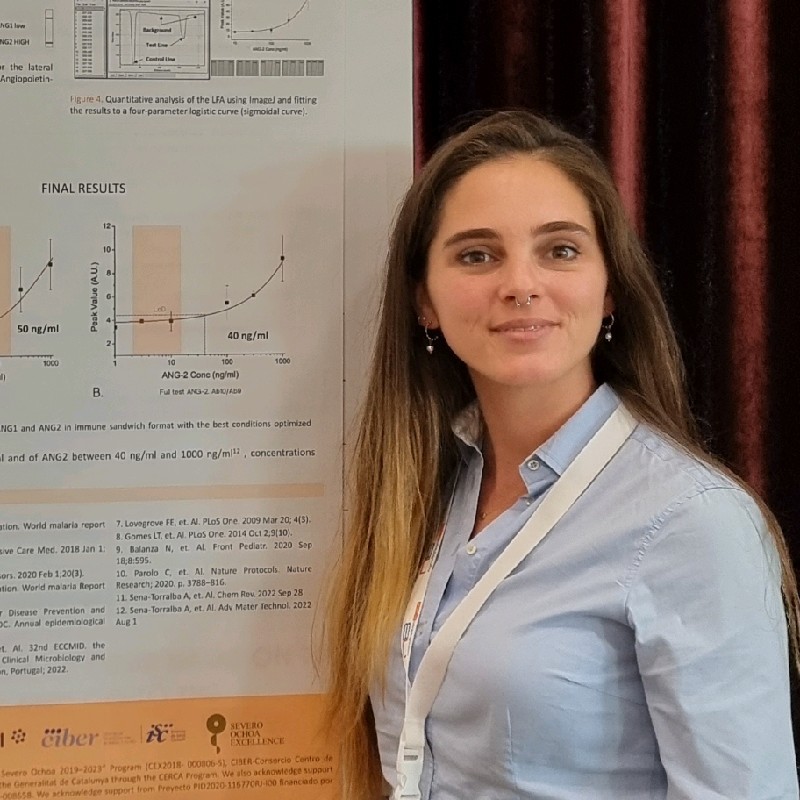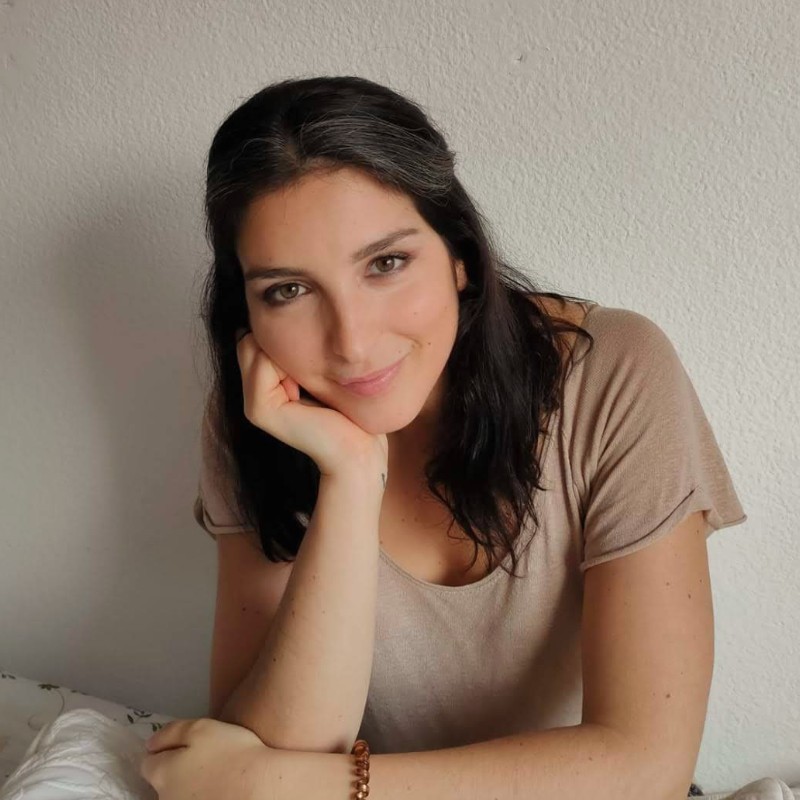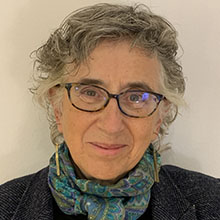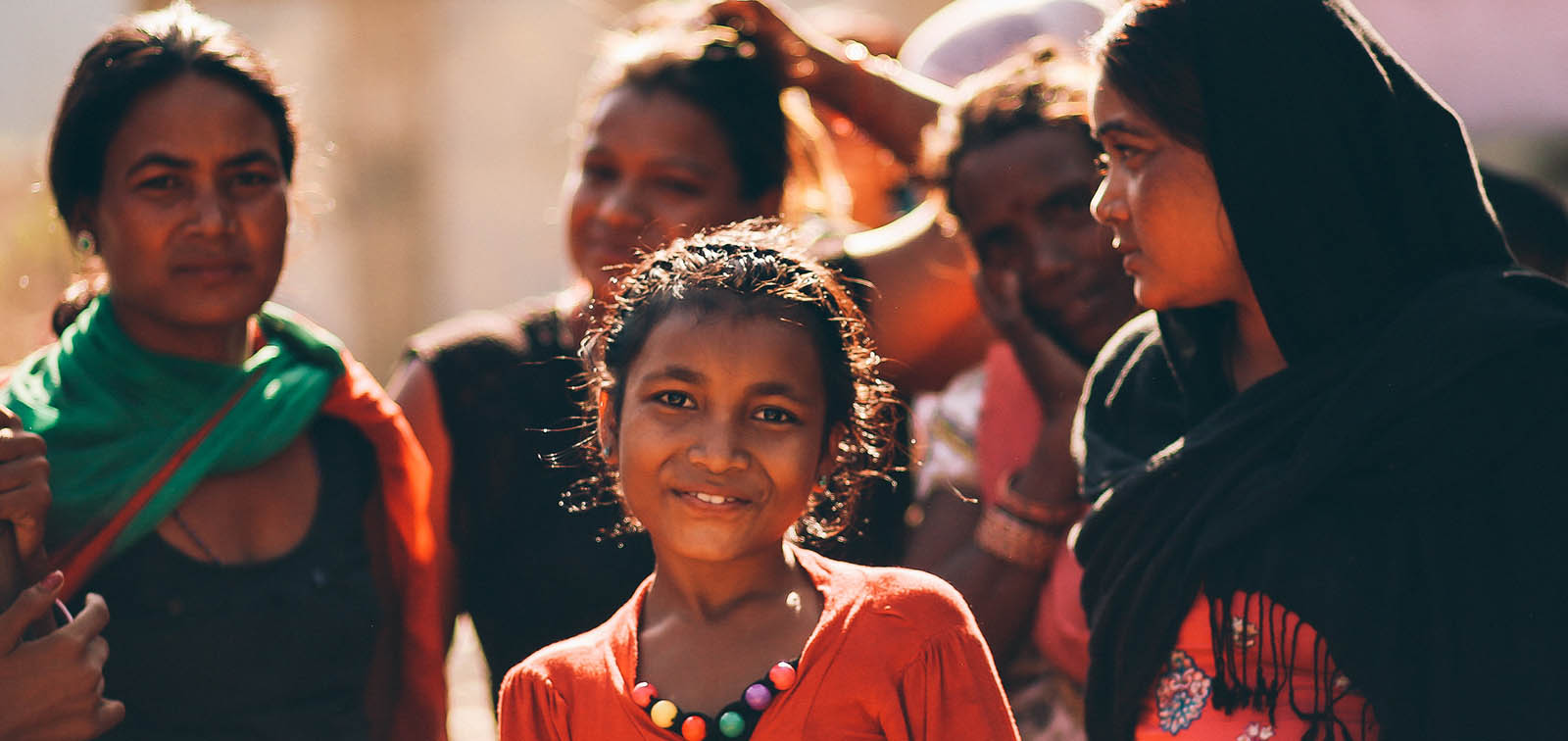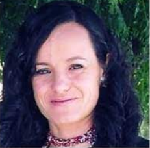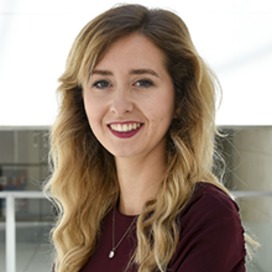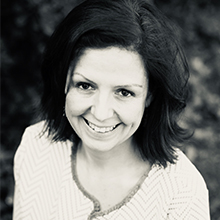Official Launch of the Spanish Chapter of Women in Global Health
A group of health professionals come together to promote feminism, justice and equity in all areas of their profession
23.12.2022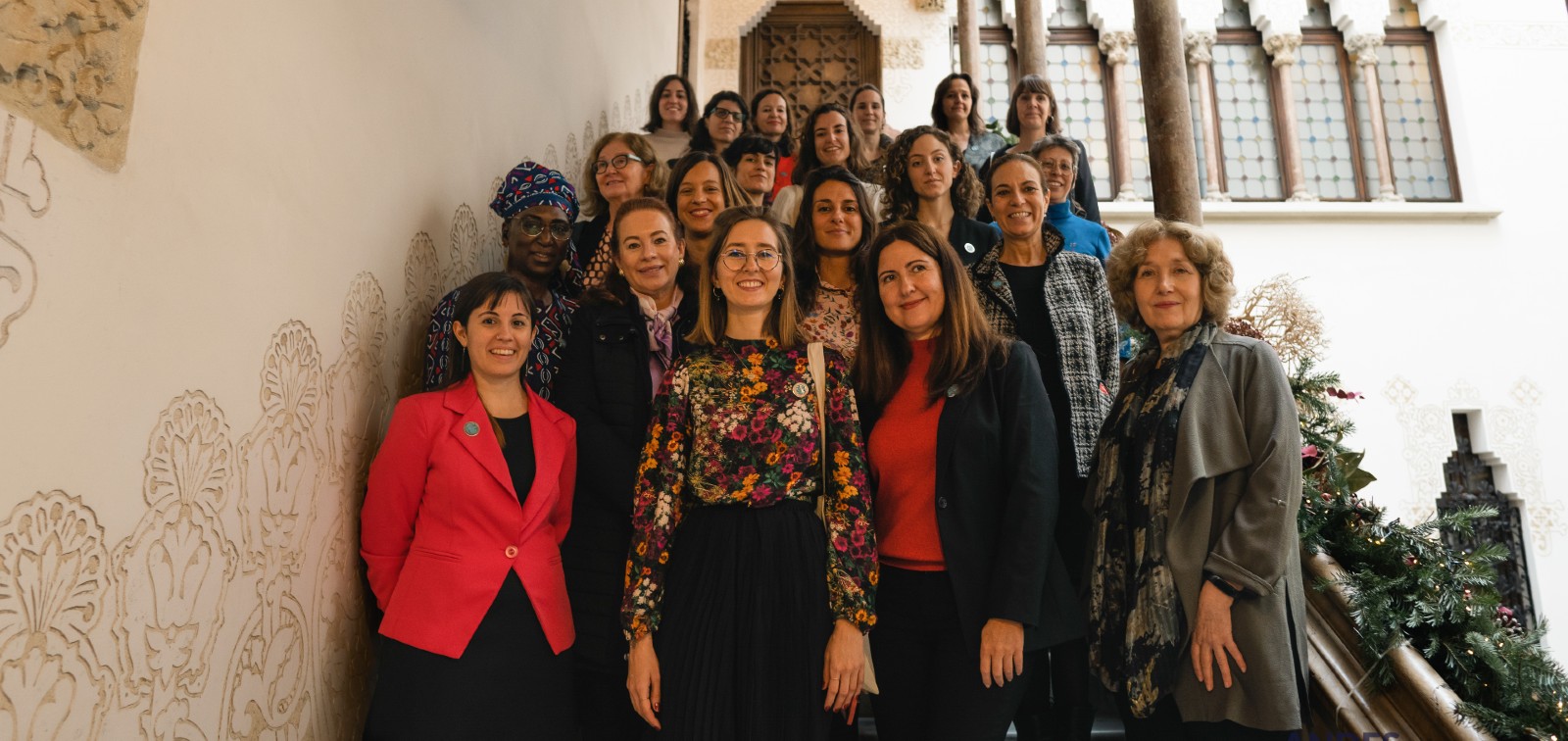
An event at the Caixafòrum Macaya in Barcelona on 19 December drew a full house for the official launch of the Spanish chapter of Women in Global Health (WGH), an international organisation founded to promote gender equality in the field of healthcare. And what is the objective of the more than 40 international chapters of WGH founded over the past seven years? The aims of WGH Spain include contributing to the promotion of women to leadership in positions of responsibility in the field of health, recognising the work done by women and encouraging research that takes account of their specific characteristics.
Photos: ANDES Agency.
WGH, which was founded in 2015, emerged from a series of conversations between four women on Twitter. Seven years later, the not-for-profit organisation has some 5,500 members who are seeking to lead change and contribute to gender justice and equity in all areas of health, as proposed by the Sustainable Development Goals (SDG).
WGH Spain embarked on its official journey with the support, in these first steps, by ISGlobal as its host institution. The event was attended by Antoni Plasència, Director General of ISGlobal, Carme Borrell, Director of the Barcelona Public Health Agency, Montserrat Pineda, Head of the Department of Feminism of the Generalitat de Catalunya, Maria Eugènia Gay, Delegate of the Spanish Government in Catalonia, and Leire Pajín, ISGlobal’s Director of Global Development and former Spanish Minister for Health.
Gender and Health, the Situation Worldwide
Women make up almost 70% of the health workforce but occupy only about 25% of leadership positions. This anomaly was cited by Ann Keeling, a senior researcher at WGH and one of the co-authors of the report “Delivered by women, led by men” published in 2019 by the World Health Organisation (WHO). In short, she went on to explain, "health care is delivered by women but led by men". At the first round table in the event, Keeling addressed this imbalance, which is reflected in the wage differences between men and women as well as in the lack of legal protection for women and the threat of violence they experience, among other factors. And this is not all. “The figures have even taken a turn for the worse with the pandemic”, she explained. In January 2022, women accounted for only 6% of the members of the WHO Executive Board, compared to 32% two years earlier. “So what we see,” she concluded, “is that, in an emergency, women appear to be pushed aside by men."
For Carme Borrell, the issue goes beyond leadership: she made the point that “the change must be a social one”.
From left to right: María Fernanda Espinosa, Helena Legido-Quigley, Ann Keeling and Thaïs González. Photo: ANDES Agency.
The Situation in Spain
The second round table discussion of the day focused on local needs. Ana María González Ramos, a tenured scientist at the Spanish National Research Council (CSIC) in the Institute for Advanced Social Studies (IESA), explained the Spanish “health paradox”: women in Spain live longer than men, but have worse quality of life and poorer health.
In order to give a voice to one of the least visible groups of women and include their perspective, Bombo Ndir, human rights activist and president of the Association of Sub-Saharan Immigrant Women, was invited to participate in this round table. “As migrant women,” she explained “we are ‘the others among the others’”; our conception of health is different and we need health professionals who have the tools they need to ensure true equality of rights.”
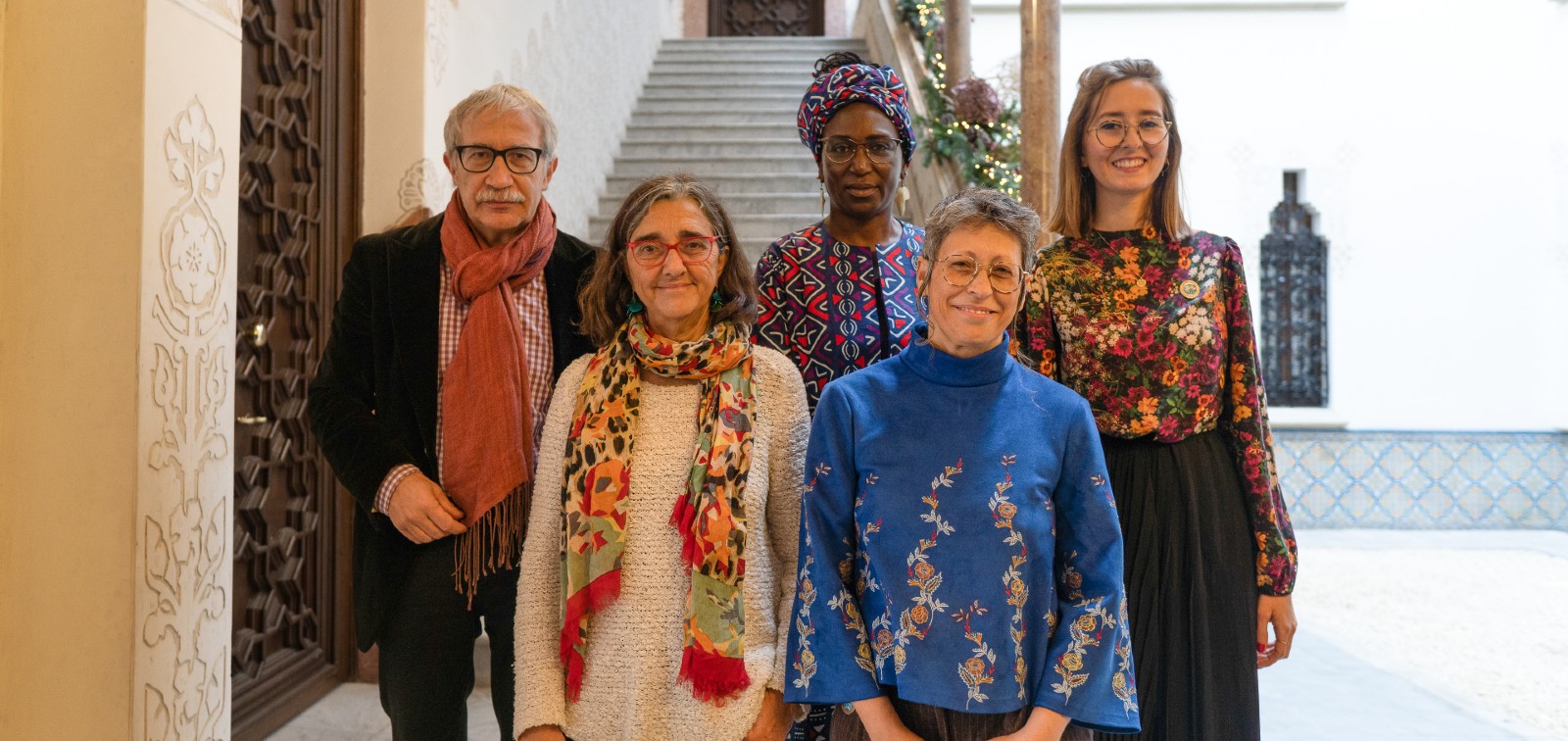
From left to right: Joan Carles March, Carme Borrell, Bombo Ndir, Ana M. González Ramos and Elena Marbán Photo: ANDES Agency.
Allies Working Towards Transformative Change
In her closing remarks, Leire Pajín talked about the intersection of gender and social inequalities, and reminded her audience how the feminist movement has historically been generous with other rights, and how “today it has once again demonstrated this by talking about the need to increase diversity within our organisations”.
“We must continue working to find more allies to strengthen the organisation, more voices from different disciplines. We need all possible resources to change a society that is still profoundly unequal.”
She went on to say that “while there is still a long way to go in the struggle for power, which is also the struggle for equality, this transformative change has a new ally in the organisation that has been created here today”.
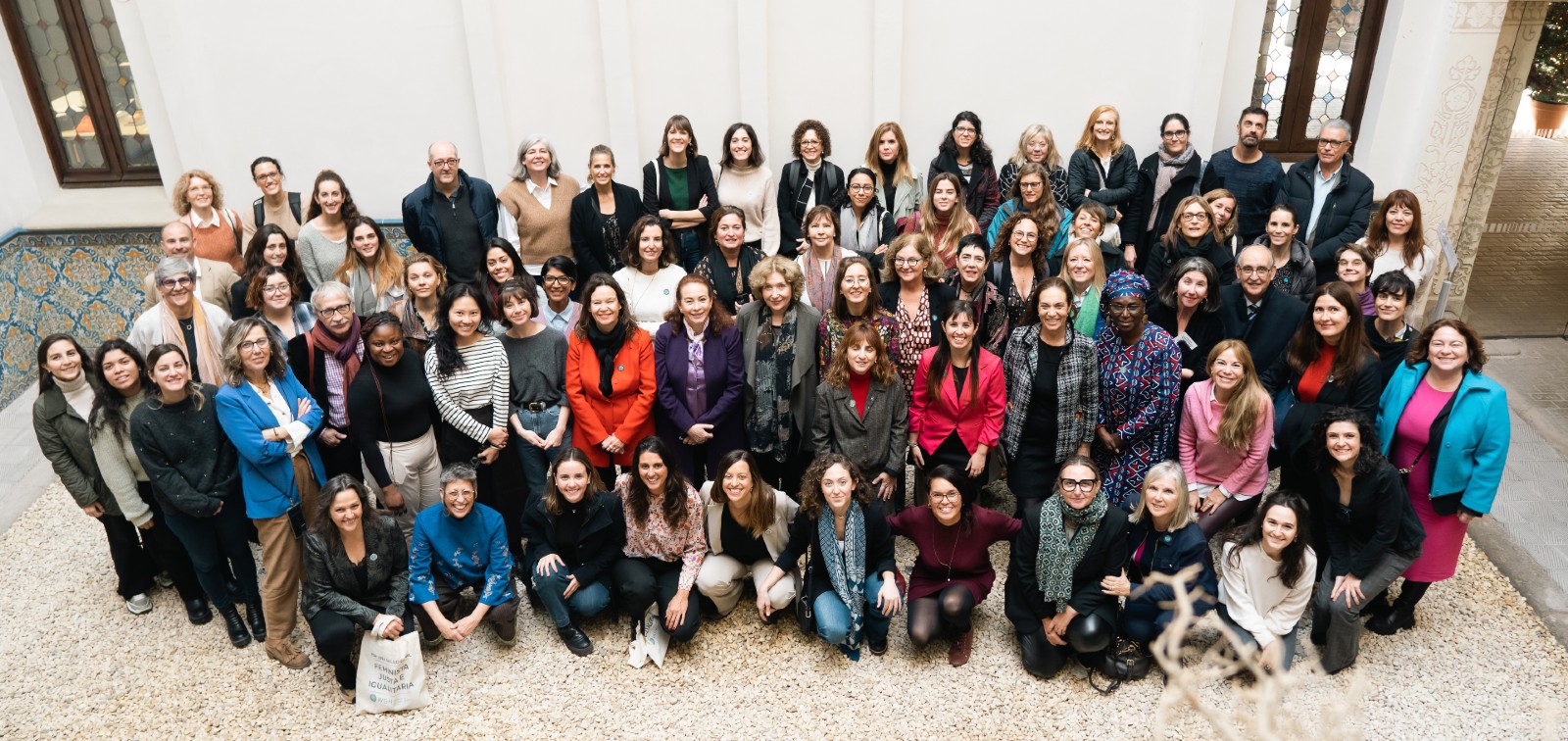
Attendees at the presentation of WGH Spain at the Caixafòrum Macaya in Barcelona. Photo: ANDES Agency.


